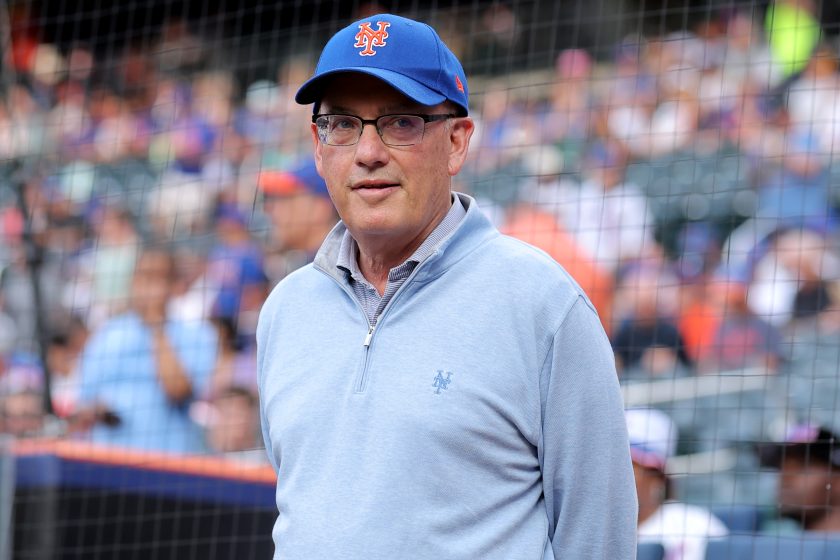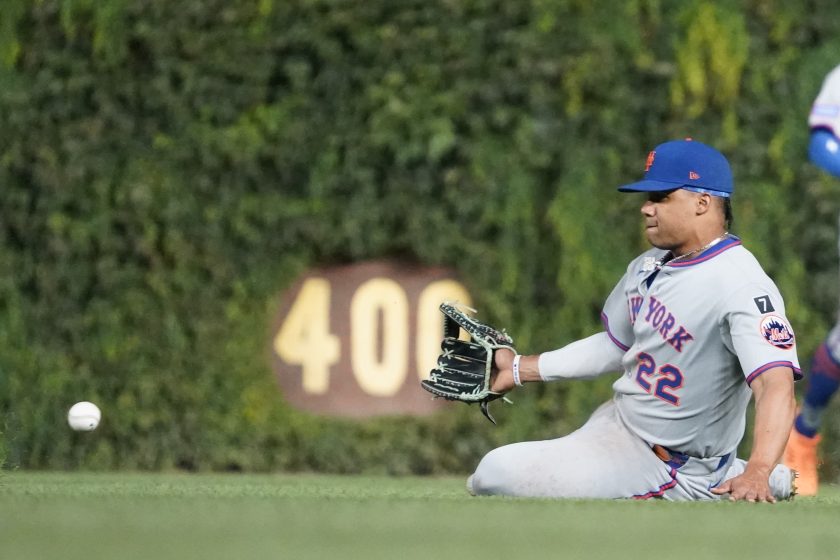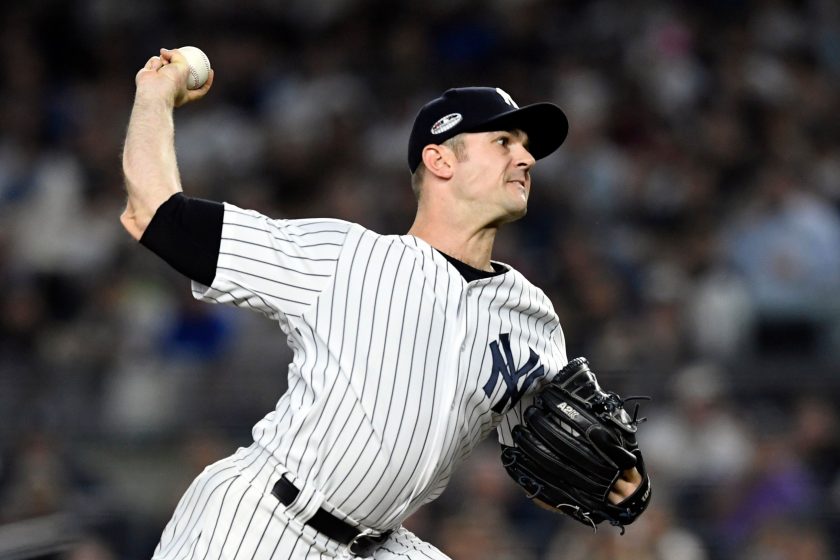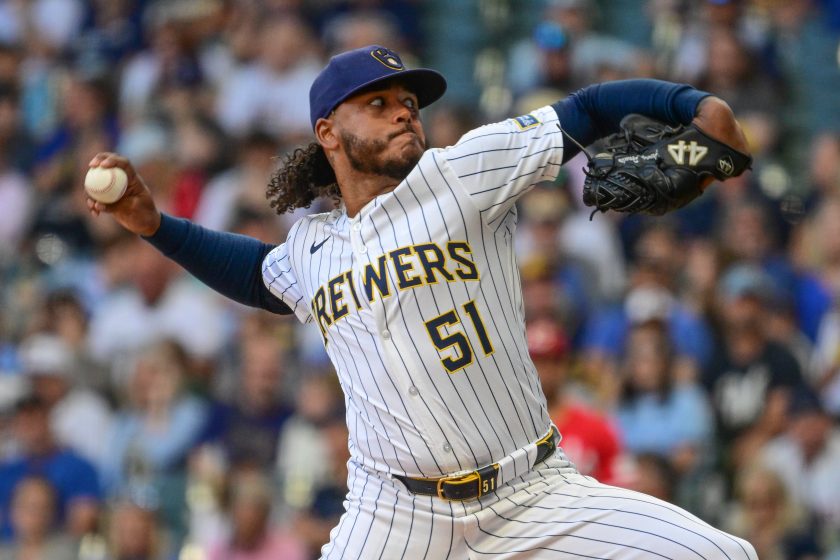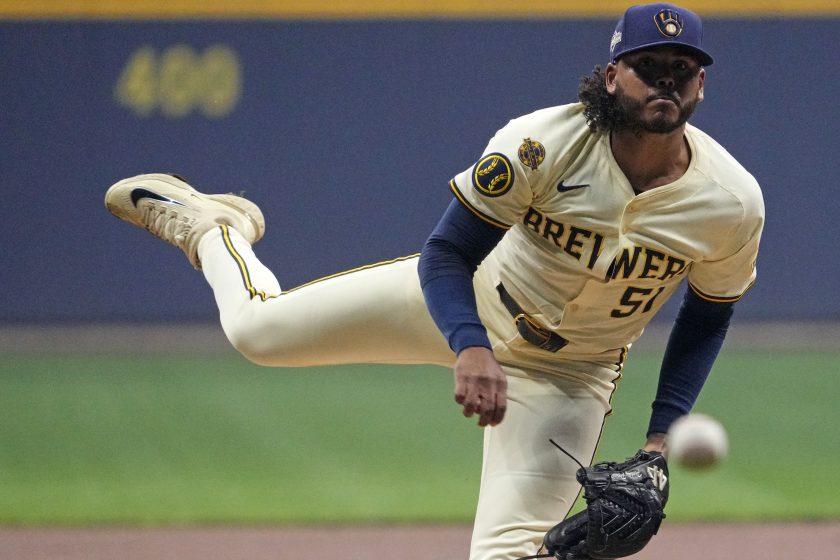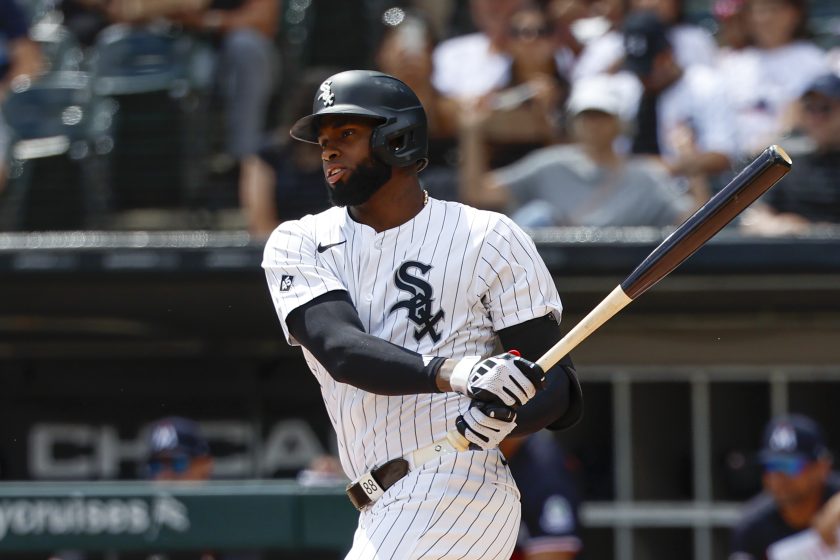Collin McHugh is a great fit for the New York Mets bullpen
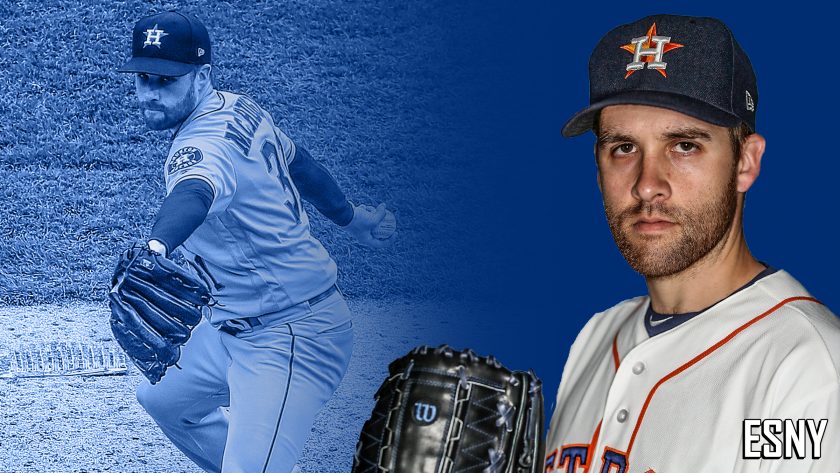
After missing out on Will Harris, the New York Mets’ next best option would be another former Astros reliever, Collin McHugh.
During Dellin Betances’s introductory press conference on Thursday, the New York Mets‘ general manager felt his team could have one of the “best bullpens” in the entire league.
In order to make general manager Brodie Van Wagenen‘s statement into reality, he’ll need to make one more addition to the Mets’ bullpen. Currently, the Mets own just one reliable left-handed reliever in their bullpen.
Aside from Justin Wilson, there isn’t anyone else who is capable of creating consistent outs against left-handed batters. So, Van Wagenen and his staff will likely need to add another lefty to their bullpen, or a right-hander whose numbers are better against lefties.
Ideally, Will Harris would have been the perfect fit for this category. During this past season, the 35-year-old faced 125 lefties and generated an impressive 2.24 FIP, 2.30 xFIP, 0.82 WHIP, .207 OPP AVG, 27.2% strikeout rate, 2.4% walk rate, 63.2% GB rate and a 33.0% hard-hit rate as well.
But Harris was just signed to a three-year, $24 million deal by reigning World Series champions. So, the Mets will have to continue to scour the free-agent market to find their lefty specialist.
The Mets’ search should include Harris’ former teammate from his time in Houston, right-hander Collin McHugh would make a solid addition to New York’s already stellar bullpen.
During the 2019 season with the Astros, McHugh threw 74.2 innings and recorded a 4.70 ERA, 4.43 FIP, 4.34 xFIP, 1.23 WHIP, .218 OPP AVG, 25.9% strikeout rate, 9.5% walk rate, 16.0% HR/FB rate and a 0.5 fWAR. While these results from the 32-year-old don’t necessarily stand out, his numbers against left-handed hitters from this past season caught a lot of attention.
Over his 74.2 innings pitched, McHugh faced 152 lefties and created a 4.42 FIP, 3.88 xFIP, 1.10 WHIP, .174 OPP AVG, 29.6% strikeout rate, 11.8% walk rate, 45.3% GB rate along with a 43.7% hard-hit rate as well. Despite his concerning FIP, McHugh’s sub-4.00 xFIP and impressive OPP AVG suggest he’ll be able to further improve against left-handed hitters in 2020.
Despite Harris producing far better results against lefties in 2019, McHugh would likely improve his numbers in 2020 pitching within the big confines of Citi Field. During the 2019 season, the right-hander surrendered a 20.7% HR/FB rate against lefties. Although, that rate would likely further decrease during next season if he were to sign with the Mets.
This past season with the Astros, McHugh was paid $5.8 million and will likely command somewhere around that number this offseason. Since McHugh was just a 0.5 fWAR player in 2019, the Mets could likely acquire his services on a two-year, $8 million contract, which would be $4 million per season less than Harris.
According to Cots Baseball Contracts, the Mets currently own just over $22 million in luxury tax space. If they were to have signed Harris, that amount would have lowered to just $14 million in space, limiting their payroll flexibility through the remainder of the winter.
While the third year of team control along with an $8 million AAV probably took the Mets out of the running for Harris, acquiring McHugh at a $4 million AAV would provide their team with a lefty specialist and it would keep their payroll under $190 million.
By adding McHugh, first-year manager Carlos Beltran would have two different pitchers to choose from when facing a left-handed hitter. After being mismanaged by former manager Mickey Callaway in 2019, Wilson is poised for a strong 2020 campaign.
[sc name=”LFGM T-Shirt” ]During this past season, the left-hander faced just 57 lefties compared to 109 righties. While walks became an issue against left-handed hitters for Wilson, as he recorded a 19.3% walk rate, the 32-year-old was still able to generate a 3.14 FIP, 4.23 xFIP, .217 OPP AVG, 29.8% strikeout rate, 53.8% GB rate and a measly 27.6% hard-hit rate.
If Wilson was utilized more against lefties in 2019, he would have likely been able to lower his 2.54 ERA even further. Since injuries played a major factor in the high number of walks Wilson allowed against left-handers, if healthy, he shouldn’t have any issues lowering that amount next season.
With McHugh also capable of facing right-handed batters, the veteran reliever could be utilized in the seventh, eighth and ninth innings. This past season in Houston, McHugh performed exceptionally well during the final three innings of the game.
During his combined 23.1 innings in those situations, the right-hander produced a 0.39 ERA, 2.53 FIP, 0.86 WHIP, .104 OPP AVG, 29.2% strikeout rate, 42.0% GB rate along with just a 31.4% hard-hit rate as well. Based on these results, McHugh could be relied on during high leverage situations for the Mets next season.
While the Mets probably preferred Harris, McHugh should be able to produce very similar numbers to him next season. Despite being shut down at the end of the 2019 season due to pain in his elbow, McHugh is expected to begin spring training fully healthy.
If Van Wagenen is truly contempt with striding towards a deep postseason run in 2020, then he’ll need his bullpen to consist of multiple lefty specialists, making McHugh an ideal fit for the Mets.

